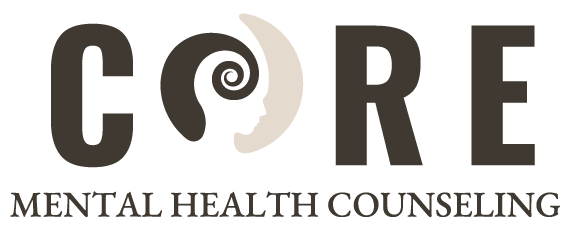Remember a world where we would go out with friends, go to concerts and involve ourselves in the community without a second thought? Then the pandemic hits and we enter an unknown world of social isolation, fear of others and zoom get togethers. Now that life is at it’s new “norm” most are experiencing anxiety about being around others and not understanding why.
We learn social skills in school and practice them daily whether in school, work or at home. But just like any other skill we possess, if we don’t use it, we tend to forget or become rusty at using it. The same can hold true for our social skills. When it comes time to socialize there comes some awkwardness of “how do I do this again?” The good news, the more you practice, the more it can start to come back.
So, what steps can we take to return to ourselves and socializing? Step one: Embrace the awkwardness. By saying out loud that “this is awkward”, “this is weird”, it allows you to put a name to it and take it’s power away but also allows others (who probably feel the same) to express themselves as well.
Step two: start small. Work on asking open ended questions (these are questions that require more than a yes or no answer). This allows you to start a dialogue with someone, use your listening skills but also work on that engagement piece.
Step three: Take note of your own social battery. Pre covid, you may have been one to go all day, every day in the company of others and never feel exhausted. This may have changed and that’s ok. It’s all about taking inventory of how you feel and seeing if you need a break. Sometimes taking 20 minutes to yourself after a long day of work, is enough to refill your battery and help you be more present with your partners, friends or family.
If you feel that you need more than the steps above, CBT in therapy is good with helping our social anxieties. CBT is cognitive behavior therapy, that works to “examine thoughts about yourself in social settings and raise awareness of behaviors that you engage in to reduce stress in social situations.” (Epps, 2022). By focusing on the thoughts and feelings you experience in the social situation, you can learn to reframe the thought to then behave differently.
Lastly, avoidance leads to avoiding. By facing our anxieties head on, we teach ourselves that anxiety can’t win. We allow our brains to know that things will be ok and reteach the way we think. If we continue to avoid the things that cause us stress, then we stay stuck in the negative thinking trap. Taking small steps towards facing the anxiety head on will allow you to refill that social battery and back to living a happy, healthy life with friends, family and loved ones.
Reference
Epps, Tristan. (2022). Struggling with Social Anxiety as We Prepare for Re-entry Post-Covid? Anxiety Expert Shares How to Cope. https://www.pennmedicine.org/news/news-blog/2022/april/struggling-with-social-anxiety-as-we-prepare-for-reentry-post-covid-anxiety

